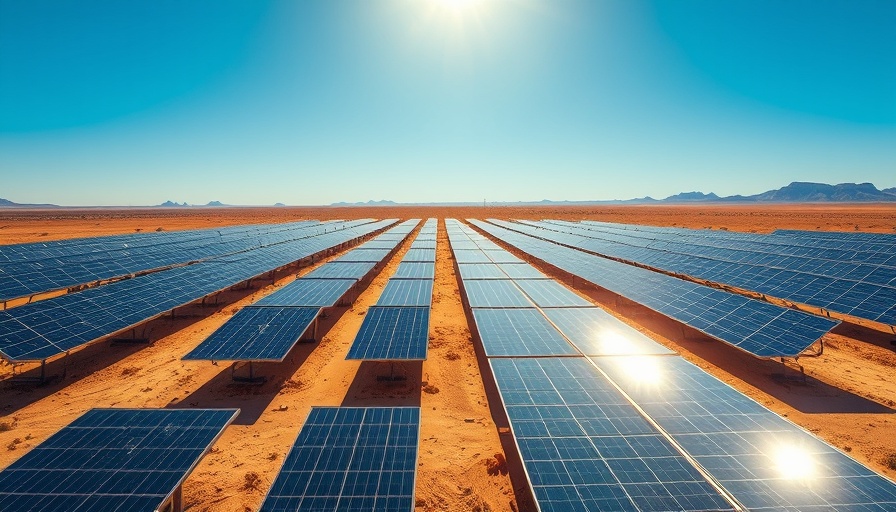
Understanding the Impact of Clean Energy Rollbacks
The recent proposal from the United States Senate Committee on Finance to roll back crucial clean energy tax credits, initially established by the Inflation Reduction Act (IRA), raises significant concerns. Set to phase out massive incentives for electric vehicles (EVs), solar energy, and other renewable technologies, this legislative action threatens to undermine the progress made in the clean energy sector.
Job Losses and Economic Consequences
Industry leaders, including Jason Grumet, the CEO of America’s Clean Power, have cautioned that the proposed changes could lead to significant job losses. The bill aims to eliminate a $7,500 consumer tax credit for electric vehicles within just six months. Such rapid policy shifts will not only affect employment in clean energy sectors but could also push jobs overseas, as companies seek more favorable conditions abroad. This economic dip could disproportionately impact communities reliant on green technology projects, especially in Republican districts.
Effects on Household Energy Costs
A major concern for households is the potential rise in electricity bills. A reduction in federal tax credits for renewable energy projects could lead to decreased investments in home energy efficiency upgrades, like heat pumps and energy-efficient appliances. This situation may leave consumers with lingering higher utility costs, which contradicts the goals of affordability and sustainability. Without these incentives, homeowners might find themselves stuck with outdated technologies, paying more for less efficient energy sources.
Broader Climate Implications
What’s more alarming is the long-term implication of cutting clean energy credits on climate initiatives. The push to transition to renewable energies is not just an economic matter; it intersects with global efforts to combat climate change. The irreversible damage done by climate extremes could increase—an issue that affects everyone, regardless of political affiliation. Skipping out on investments in clean energy now could lead to higher costs and more desperate circumstances in the future as we fight the effects of climate change.
Future Trends in Clean Energy Legislation
As we look ahead, it is crucial to consider what future legislation might resemble. If the current trajectory continues, we may see an increase in bipartisan support for clean energy initiatives as climate realities shift public sentiment. Other states’ initiatives could inspire a re-evaluation of these policies and generate fresh momentum for bipartisan clean energy solutions. Continued public awareness and advocacy are essential to steer this discussion toward constructive outcomes that prioritize sustainability.
With the energy landscape rapidly evolving, it’s essential to stay engaged with these issues and advocate for policies that foster economic growth while addressing climate change. Understanding the interplay between energy costs, job opportunities, and climate stability can empower more informed perspectives on our legislative processes.
 Add Row
Add Row  Add
Add 




Write A Comment